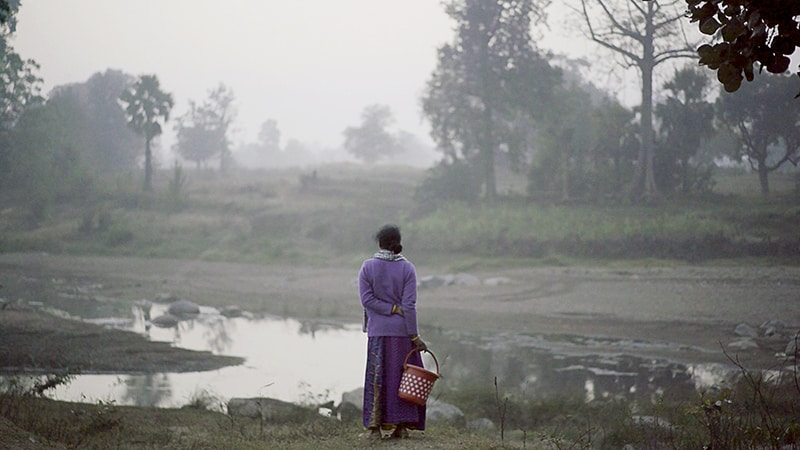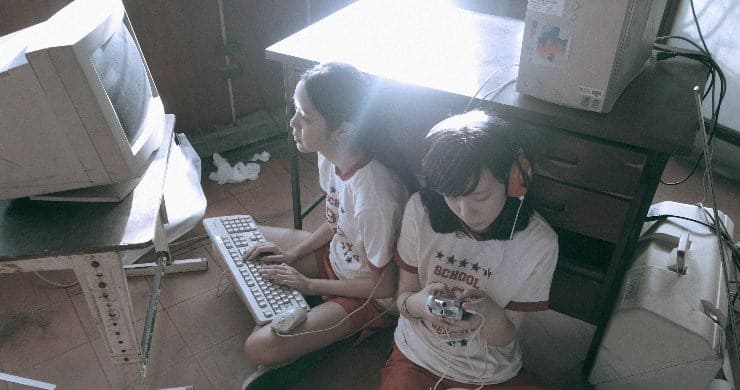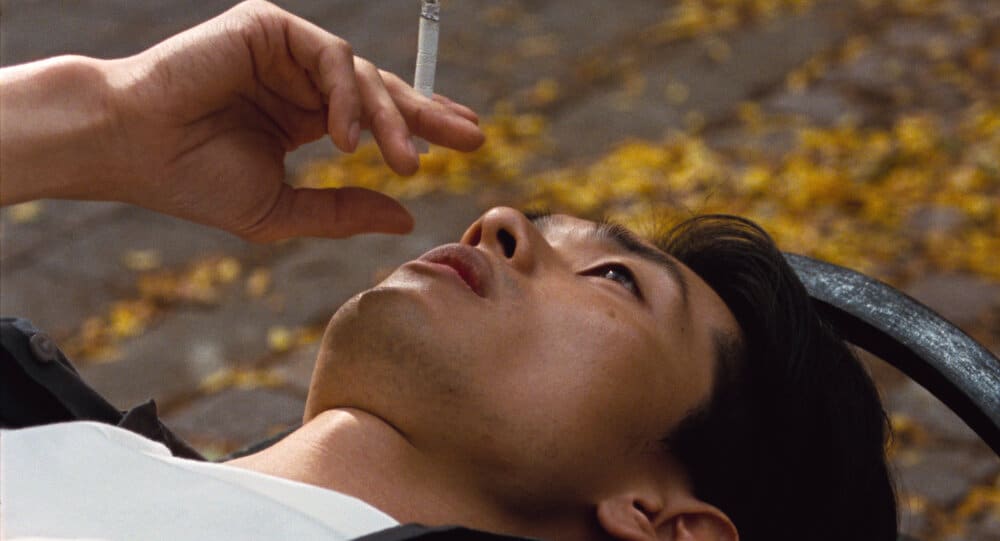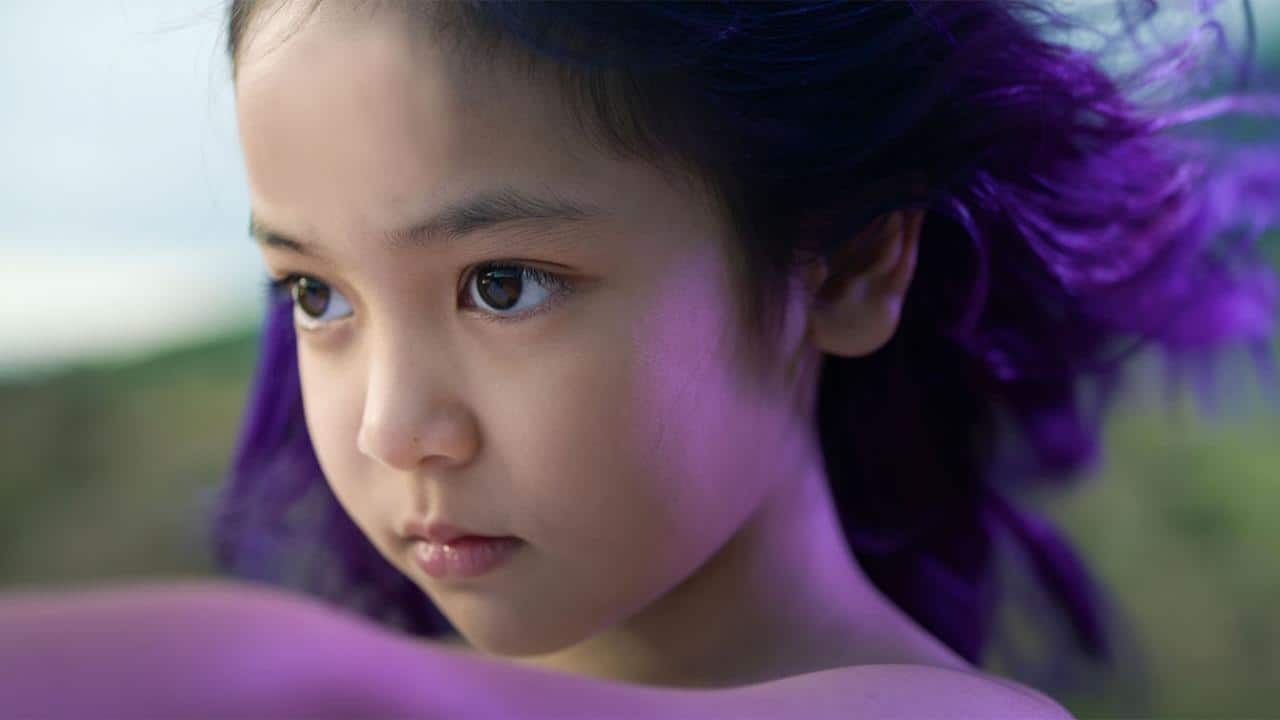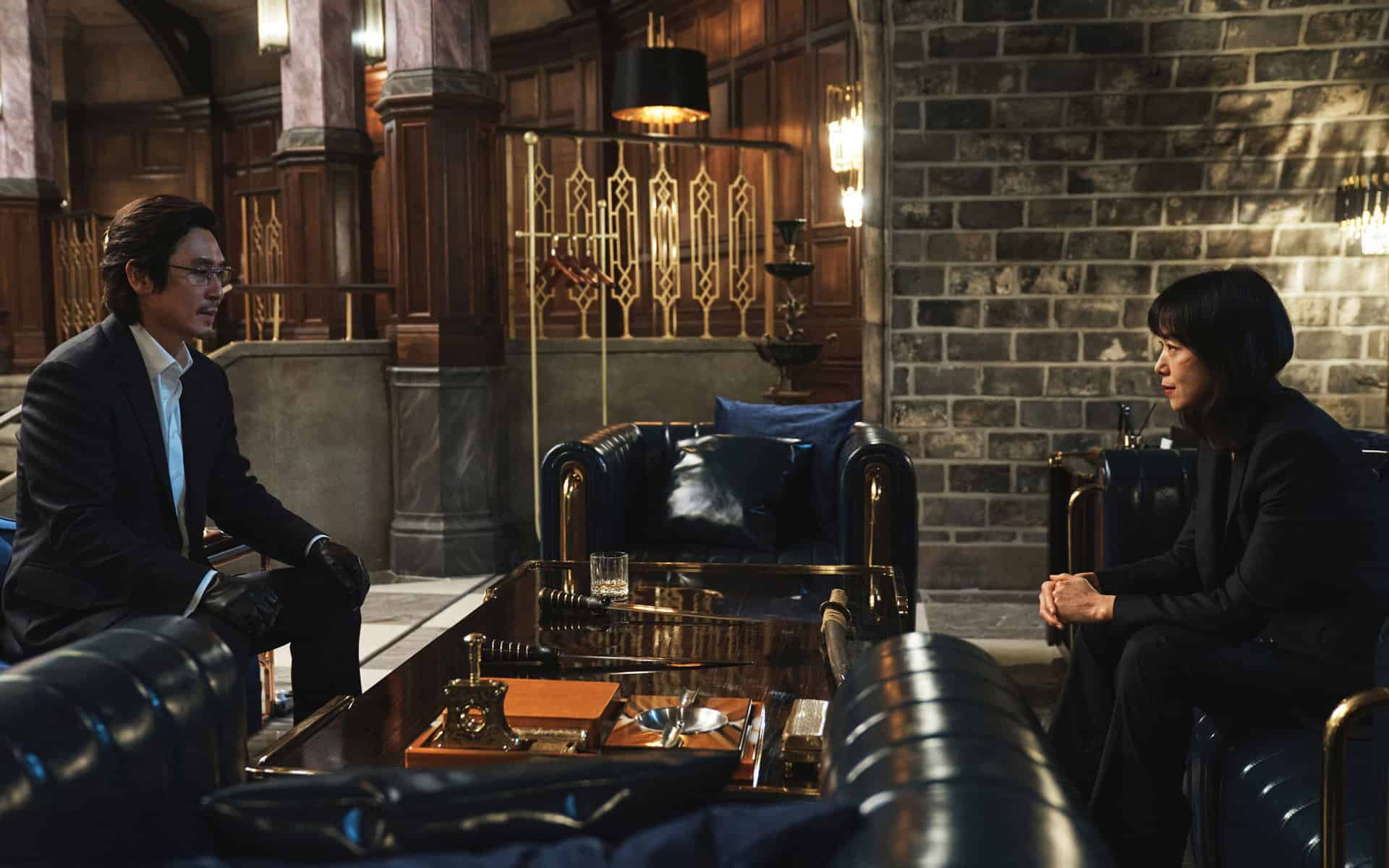„A Rifle and a bag” raises an important question – what comes next after the revolution or fight ends. The protagonists are a male and a female, a young married couple. Their life seems mundane. They live in a modest rural household, and do chores every day, dealing with all sorts of day-to-day problems and family matters. There's a little boy in the house, the couple's son, and they are expecting their second kid. But Somi and Sukhram are unlike other parents, as they both share a troubled past as Naxalite fighters. The makers don't elaborate much on the subject of the organization. Just explain briefly in an information board displayed in the beginning: “The Naxalites, an armed Maoist rebel group have been fighting the Indian State for the rights of tribal people for the last 50 years. The Indian government considers them the biggest threat to India's security. Under the Indian government's Surrender Policy, individual Naxalites are granted a pardon in return for deserting the movement.” Discovering the rest is up to the viewers.
“A Rifle and a Bag“ is screening at Indian Film Festival of Los Angeles
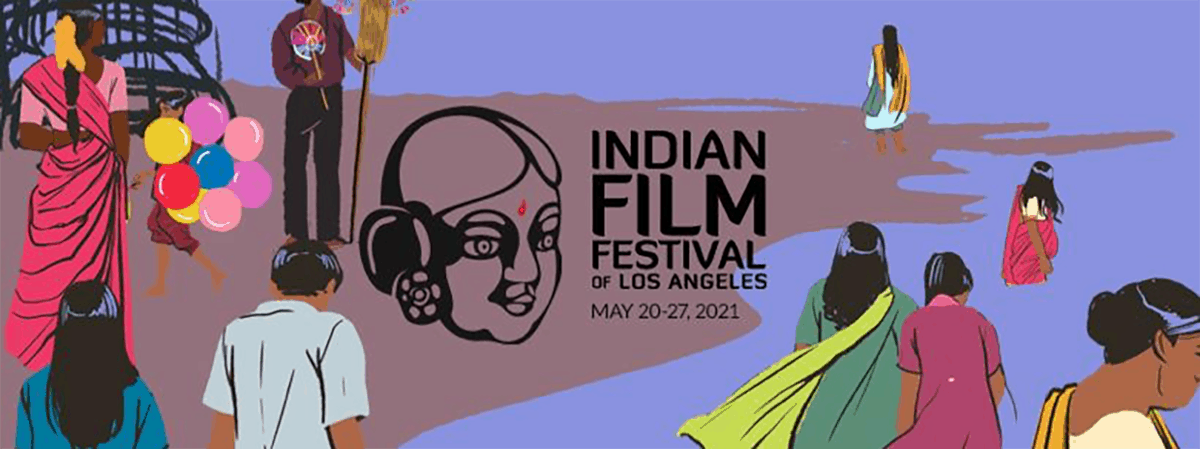
Somi and Sukhram are both former members, who surrendered. We come to know them slowly, as they reveal piece by piece bits of their stories in a series of long, unhurried shots and often facing the camera. Somi joined the movement on her own. Sukhram is younger than his wife and it was him who started a courtship. But their expected life of respected citizens is not a fairy tale. Starting from that they are not respected. Somi mentions that the people in the local community, knowing their past, keep their distance and talk. And their past is obvious – as they live in a settlement for a surrendered Naxalites, which itself is a form of stigmatization. There's also an important matter of requirements that need to be fulfilled by people of scheduled castes and tribes to allow their children to participate in the reservation system granting them educational opportunities. It may be not clear for audiences outside India. Somi and Sukhram have to withdraw their son from his boarding school because they can't provide Sukhram's tribal caste‘s certificate.

The reservation system was established to support disadvantaged groups, but the bureaucratic procedures are so strict and complex that many of those who should benefit from it, are unable to meet them. We observe the discussions of Somi with the school director and witness how inefficient this help may be. They demand a father's tribal caste certificate, it can't be mothers. The decision-makers don't care that Sukhram can't produce the document, as he may get it in his village, where neither him nor Somi can return because of their life as fighters. The papers that should allow to ease their kid's future are a complication and the makers expose the fragility of the system fixated on rules and paragraphs, but not what it is meant for – help.
Somi and Sukhram are portrayed with empathy and delicacy. They at one time seem both fragile when confronted with hardships of life and strong, bravely facing whatever life brings and determined to provide their kids with education and chances they didn't have. Their Naxalite fight was idealistic – they believed in supporting the poor and needy through their revolution. There is an impressive scene when Somi explains it to their little son. Like a children's fairy tale, she narrates to him about the times, when she and Sukhram were both living in the jungle, carrying guns and fighting with imperialism and capitalism for a better tomorrow. Their everyday struggles and rejection pose the question if their resignation the right decision. Whatever they believed in, is not in the world they live in, with inequalities and a huge gap between the poor and those with power and influence. And the promises of a better fate after putting their guns on hook seem long forgotten.
The movie is jointly directed by three females, Arya Rothe (Indian), Cristina Hanes (Romanian), and Isabella Rinaldi (Italian), who participated in Doc Nomads Erasmus Mundus Joint Master Degree in Documentary Filmmaking program conducted in universities in Portugal, Hungary, and Belgium. As a result, in 2016, Rothe, Hanes, and Rinaldi set up the NoCut Film Collective to make together poignant documentaries. “A Rifle and a Bag” is a promising start of their cooperation.


